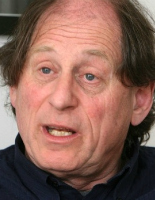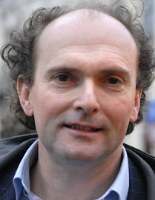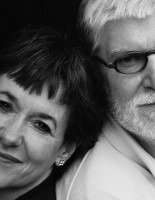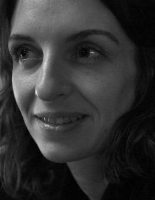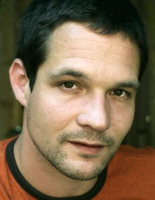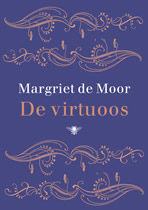
Margriet de Moor - The Virtuoso
In Margriet de Moor’s novels and stories, amorous relationships are usually a source of conflict, as devotion imposes limits on personal freedom. In The Virtuoso (1993), set in Italy in the turbulent mid-eighteenth century, love is a lopsided business. Celebrated singer Gasparo, castrated as a child so he can produce virtuoso performances in female roles, coolly responds to the ardent attentions of Neopolitan aristocrat Carlotta as due homage to his art. Carlotta accepts the disparity, and the physical side of their love is entirely at the service of her pleasure.
Both Carlotta and Gasparo symbolize contrasting aspects of their age. Unwilling to conform to the role assigned to her by the church and tradition, Carlotta sensibly combines the certainties of marriage with the delights offered by short-term passion. As a castrato, Gasparo represents a phenomenon shortly to be made redundant by female singers in operas about people of flesh and blood.
De Moor, who studied art history and trained as a classical singer, can be relied upon to portray the character of an era. With nimble elegance she tells a fairy tale that stops short of tragedy, its language and structure attuned to the courtly and restrained art of the period she describes.
Biography
Margriet de Moor made her debut in 1988 with the short-story collection Seen From Behind. Her highly praised debut novel First Grey, Then White, Then Blue was published in 1990. She is known for her rich, poetic use of language and deep psychological insight, demonstrated most recently in her novel The Storm (2009). De Moor’s work has been translated into more than twenty languages.
Quotes
- ‘De Moor sketches the philosophical ferment of the mid-eighteenth century lightly but effectively, giving just the right amount of political and historical detail.’ – New York Times
